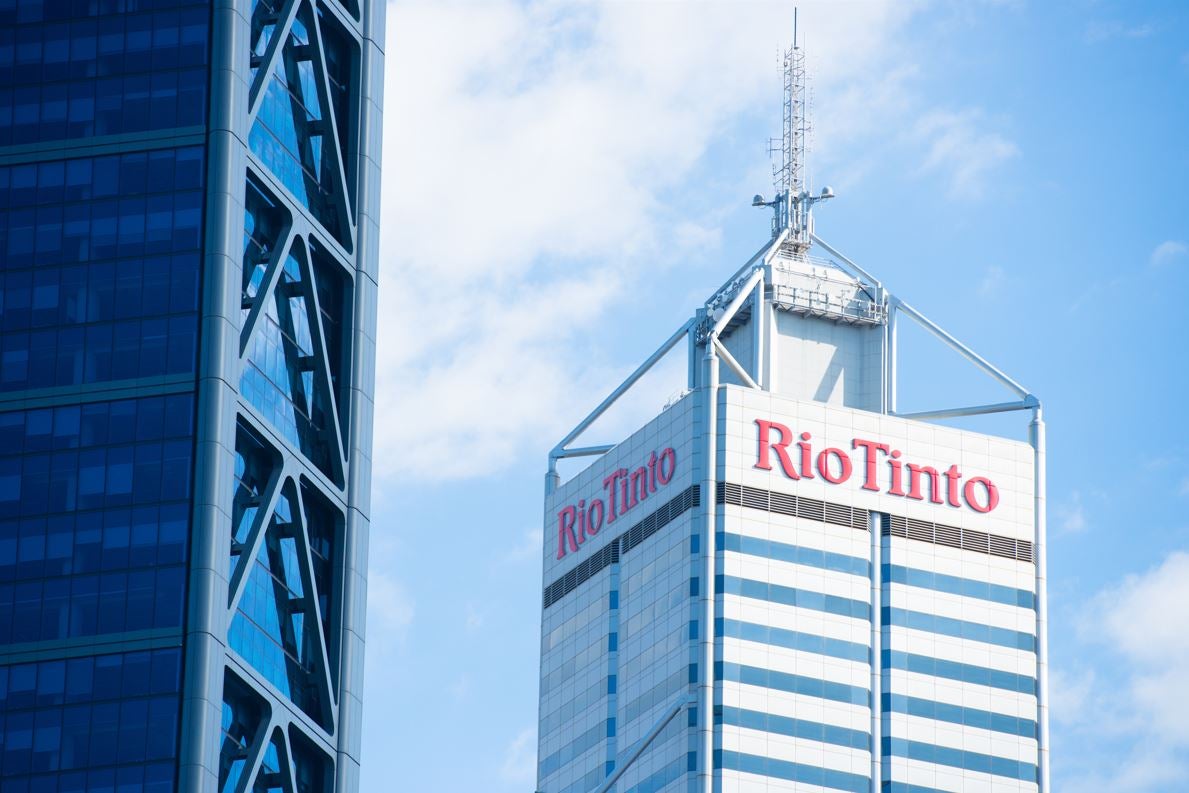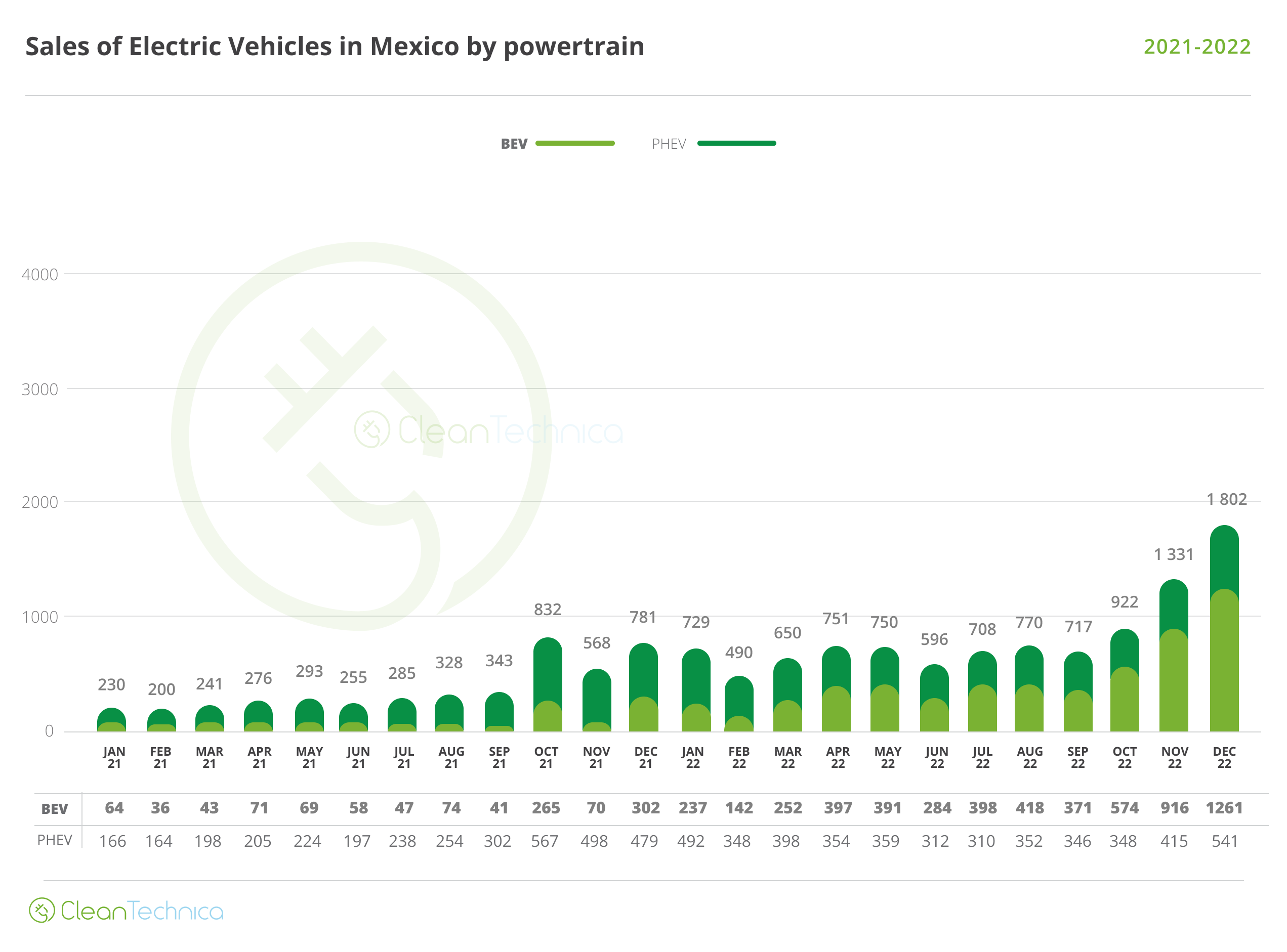
Each week, Mining Technology’s writers select a deal that illustrates the themes driving change in our sector. The deal may not always be the largest in value or the highest profile, but it will tell us where the industry is focusing its efforts, and why. This thematic deal coverage is drawn from GlobalData’s Intelligence Centre, which collates information from across the sector.
The deal
Rio Tinto has purchased a 15% stake in Sovereign Metals for A$40.4m ($27.61m). This will see 83,095,592 shares issued to Rio Tinto at A$0.486 per share. Rio Tinto will also maintain the option to increase its shareholding by 4.99% within 12 months. This would mean a further 34,549,598 shares issued to Rio Tinto at A$0.535 a share, making it a potential further investment into Sovereign of A$18.5m.
The parties
Rio Tinto is a global mining company, among the biggest in the world. The company operates in 35 countries spanning six continents, exploring, extracting, processing and selling a number of different minerals and metals. Rio Tinto posted earnings of $26.3bn before interest, taxes, depreciation and amortisation for the calendar year of 2022.
Sovereign Metals is an Australian miner primarily focused on graphite and rutile exploration and production. The company operates a number of projects in Malawi. Sovereign posted a net loss of A$13.7m in 2022, an increase from the loss of A$5.1m it posted in 2021.
The implications
Rio Tinto’s position as an operator in comparison to Sovereign’s means that this deal could have the potential to majorly scale up graphite production in Malawi.
Ben Stoikovich, Sovereign chairman, stated: “The experience and expertise that Rio Tinto brings will truly set Kasiya apart as a potentially globally significant supply of two critical minerals and take us all a step closer to supply chain decarbonisation and achieving net zero.”
Sovereign declared the A$40.4m of funding from Rio Tinto as a “strategic investment” to advance the development of its Kasiya rutile-graphite project in Malawi.
In June, Sovereign stated that a study of the graphite drawn from the Kasiya project has shown over 99.5% carbon purity and near perfect crystallinity. Both of these, combined with a lack of impurities found, mean that the mine’s product has excellent potential as a component in lithium-ion (Li-ion) batteries.
The study also stated that Kasiya has the potential to be one of the largest flake graphite and rutile producers on the planet. It can also become one of the lowest-cost and least-polluting graphite projects.
Graphite is the latest battery mineral that Rio Tinto has added to its burgeoning portfolio. The company currently owns and operates the Rincon lithium project in Argentina, which it acquired in March 2022.
Within a few months of the acquisition, Rio Tinto had signed a memorandum of understanding with Ford motors for the provision of elements critical to electric vehicle batteries. Although lithium is the most vital element in Li-ion batteries, more than 50% of a battery’s makeup is graphite.
Rio Tinto, as part of the deal, will retain the option to become the operator of the Kasiya project. If exercised, it would gain exclusive marketing rights for 40% of the project’s annual production.




